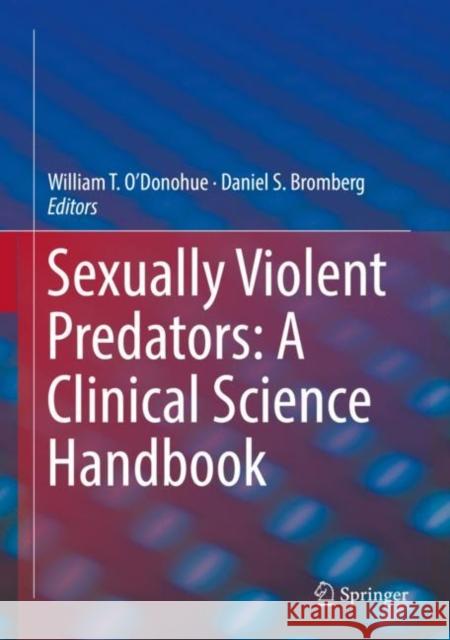Sexually Violent Predators: A Clinical Science Handbook » książka
topmenu
Sexually Violent Predators: A Clinical Science Handbook
ISBN-13: 9783030046958 / Angielski / Twarda / 2019 / 432 str.
Kategorie:
Kategorie BISAC:
Wydawca:
Springer
Język:
Angielski
ISBN-13:
9783030046958
Rok wydania:
2019
Wydanie:
2019
Ilość stron:
432
Waga:
0.98 kg
Wymiary:
25.4 x 17.78 x 2.54
Oprawa:
Twarda
Wolumenów:
01
Dodatkowe informacje:
Wydanie ilustrowane











